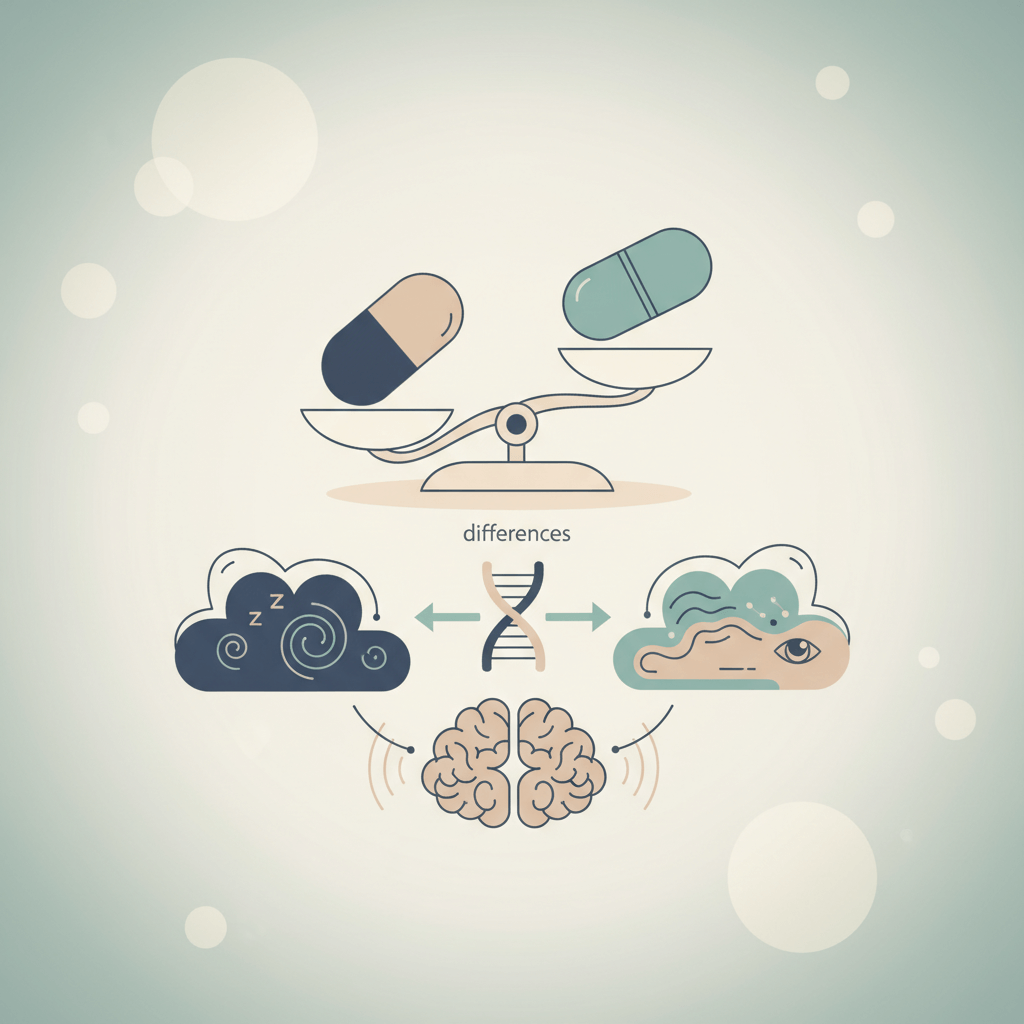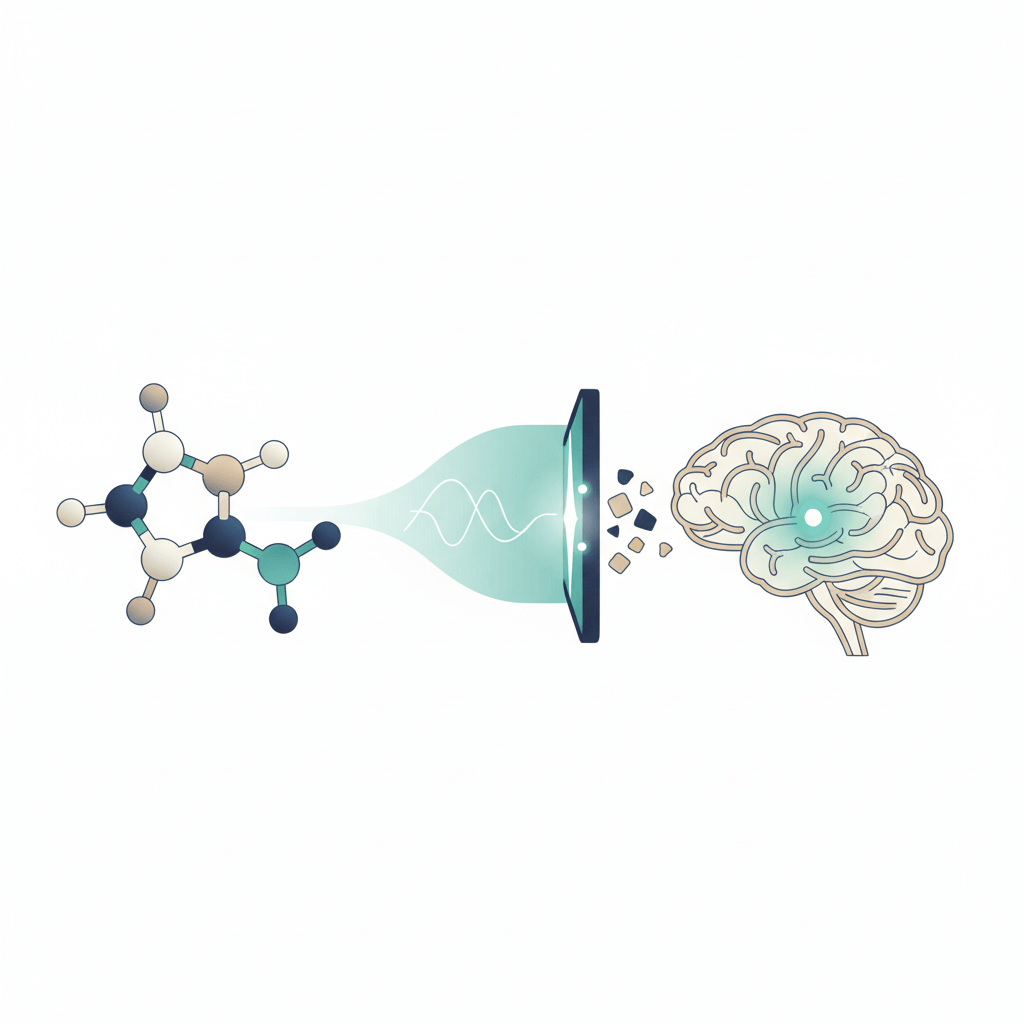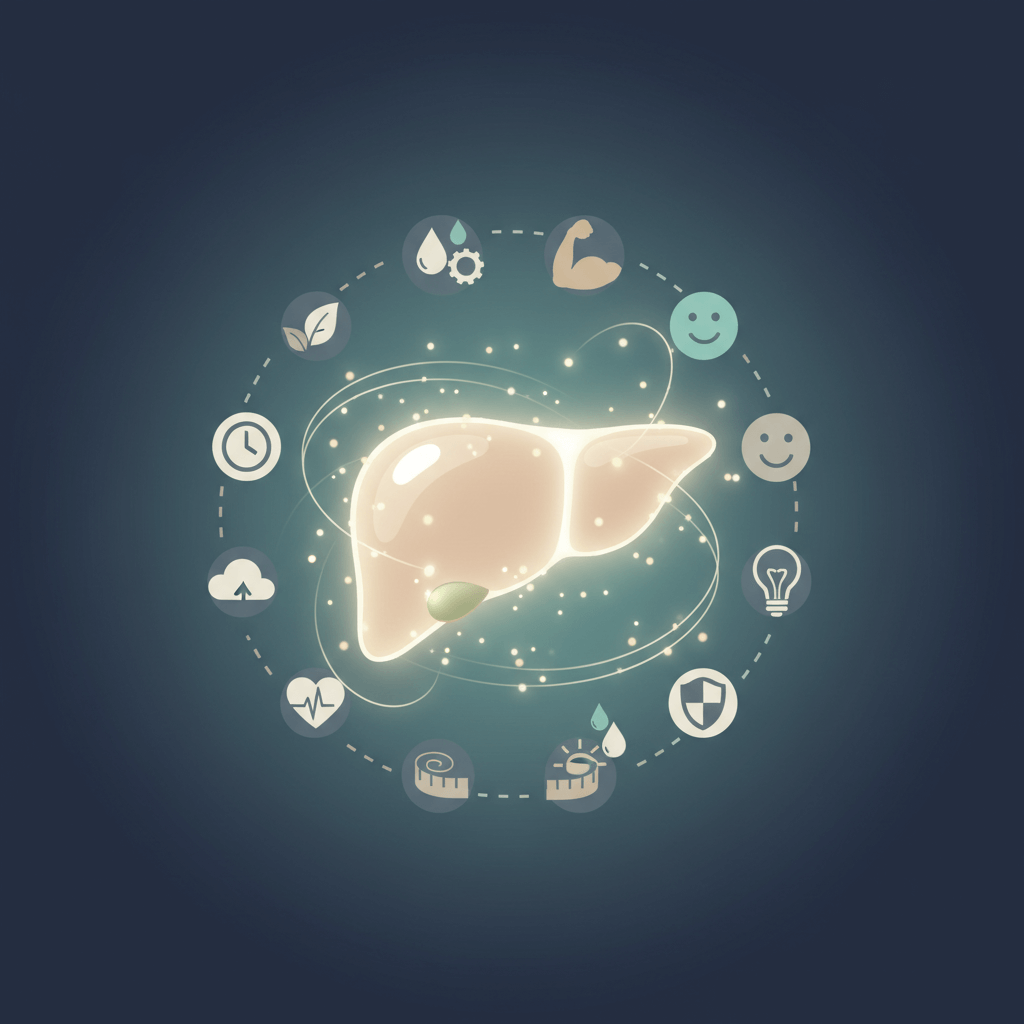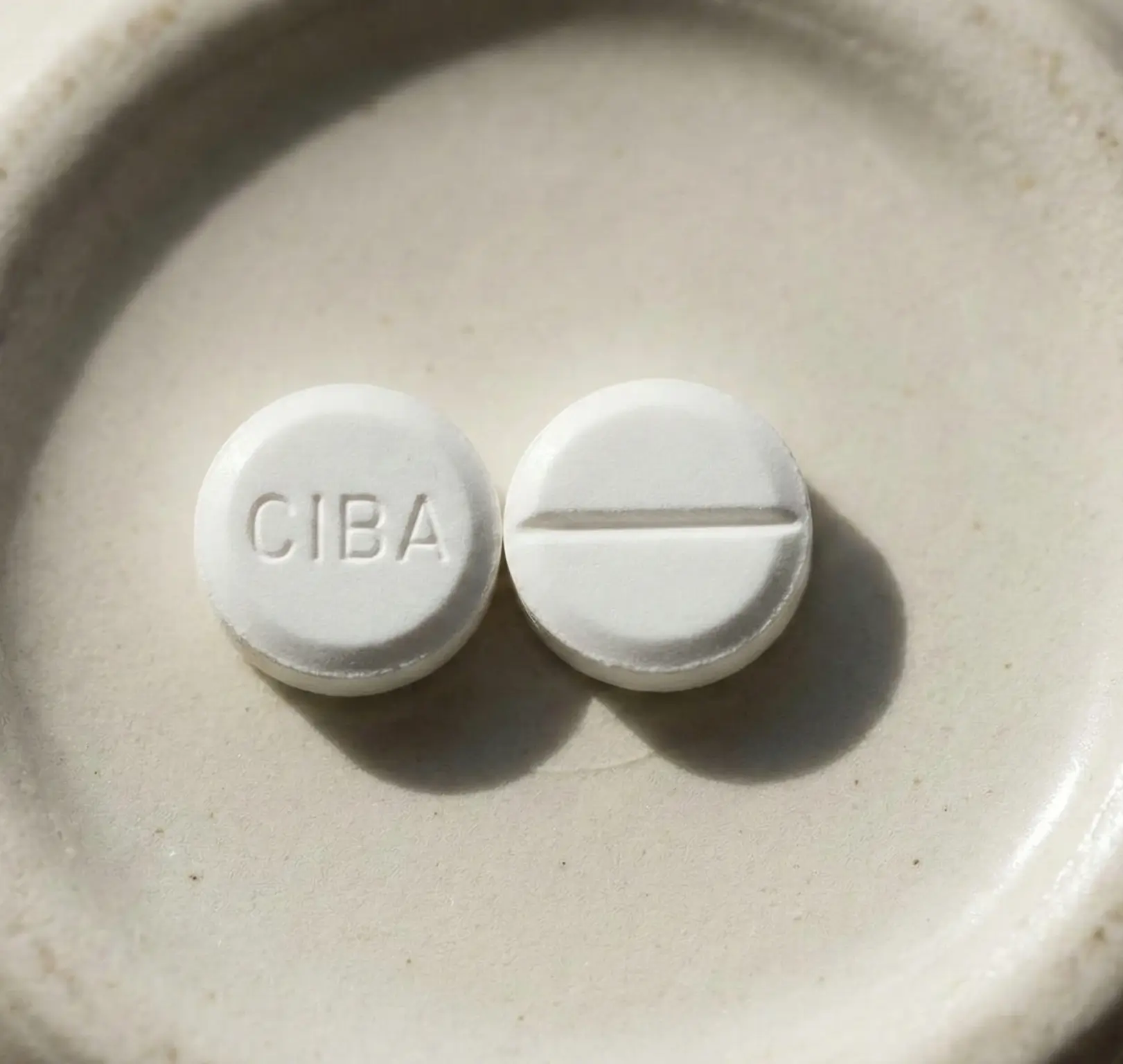
Understanding Addiction Recovery
When it comes to addiction recovery, it is important to have a comprehensive understanding of the journey individuals go through. This section will explore the statistics on addiction recovery and the impact of addiction on mental health.
Statistics on Addiction Recovery
Addiction is a widespread issue that affects millions of individuals in the United States. In 2022, the National Institute on Drug Abuse reported that approximately 20.4 million people were diagnosed with substance use disorders in the U.S. However, only about 10.3% of these individuals sought out addiction treatment [1]. These statistics highlight the need for increased awareness and access to support for those struggling with addiction.
Impact of Addiction on Mental Health
Addiction is not only a physical dependence on substances but also a chronic disease that affects both brain structure and function. It is considered a mental illness by organizations such as the National Institute on Drug Abuse and the American Psychiatric Association [2]. Nearly 10% of adults in the United States are currently affected by addiction.
Substance use disorders often coexist with other mental health symptoms or disorders, known as having a dual diagnosis. Stress, anxiety, trauma, and depression can contribute to the development of substance use disorders, creating new challenges for mental health. It is crucial to address both the addiction and any underlying mental health issues for a comprehensive and effective recovery journey.
Genetics also play a role in the risk of developing substance use disorders and other mental illnesses. Research suggests that environmental factors such as stress or trauma can cause genetic changes that contribute to the development of addiction and other mental health conditions. Understanding the complex relationship between addiction and mental health is essential for providing appropriate support and treatment.
By acknowledging the statistics surrounding addiction recovery and recognizing the impact of addiction on mental health, we can better understand the challenges individuals face during their recovery journey. It emphasizes the importance of seeking professional help, building a support system, and addressing the underlying factors contributing to addiction. To learn more about the benefits of seeking professional help for addiction recovery, visit our article on addiction recovery retreats.
Professional Help in Recovery
When it comes to addiction recovery, seeking professional help is often a crucial step towards achieving sustained sobriety. The benefits of professional treatment and the implementation of relapse prevention strategies are essential in supporting individuals on their journey to recovery.
Importance of Seeking Treatment
In recent years, there has been an increase in awareness about the importance of seeking professional help for addiction recovery. The Substance Abuse and Mental Health Services Administration (SAMHSA) National Helpline received over 833,000 calls in 2020 alone, marking a significant increase from the previous year SAMHSA. However, despite the prevalence of substance use disorders, only a small percentage of individuals actually seek out addiction treatment. According to the National Institute on Drug Abuse, only about 10.3% of individuals diagnosed with substance use disorders in the U.S. sought professional help in 2022 Comprehensive Wellness Centers.
Seeking professional help at an addiction recovery center is crucial for several reasons. First, it provides individuals with a structured environment where they can focus on their recovery without the distractions and triggers of daily life. Second, professional treatment offers access to comprehensive care that addresses the physical, emotional, and psychological aspects of addiction. This holistic approach helps individuals develop a personalized plan for recovery, including relapse prevention strategies. By understanding internal and external addiction triggers, individuals can better navigate potential obstacles and reduce the risk of relapse Comprehensive Wellness Centers.
Relapse Prevention Strategies
Relapse prevention is a vital component of addiction recovery. Professional treatment programs provide individuals with the tools and strategies necessary to minimize the risk of relapse. These strategies may include:
- Cognitive-behavioral therapy (CBT): CBT helps individuals identify and modify negative thought patterns and behaviors associated with substance abuse. By developing healthier coping mechanisms and improving problem-solving skills, individuals can better manage cravings and triggers Hackensack Meridian Health.
- Individual and group therapy: Continued therapy, both individual and group-based, plays a crucial role in maintaining long-term recovery. Individual therapy provides a safe space for individuals to work through ongoing challenges with the guidance of a professional who understands their unique journey. Group therapy offers support and a sense of community, allowing individuals to share experiences, gain insight, and learn from others Addiction Rehab Toronto.
- Support systems: Building a strong support system is essential for sustained recovery. This can include connecting with sponsors, attending peer support groups, such as Alcoholics Anonymous, and involving family members in the recovery process family support in addiction recovery. Having trusted sources of support is crucial in battling thoughts that may hinder recovery progress Hackensack Meridian Health.
By taking advantage of professional treatment and incorporating relapse prevention strategies, individuals can increase their chances of long-term recovery. Seeking help promptly and consistently can make a significant difference in overcoming addiction and achieving sustained sobriety. Remember, addiction is a chronic disease that requires ongoing care and support McLean Hospital.

Role of Social Support
Social support plays a crucial role in addiction recovery, providing individuals with the necessary encouragement, understanding, and sense of community to overcome the challenges they face. In this section, we will explore two key forms of social support in addiction recovery: peer support groups and family support.
Peer Support Groups
Peer support groups and 12-step programs, such as Alcoholics Anonymous (AA) and Narcotics Anonymous (NA), offer a valuable source of support for individuals on the path to recovery. These groups provide a supportive community of individuals who have undergone similar struggles, offering judgment-free zones for sharing experiences and challenges with addiction.
The insights and encouragement from peers who are further along in the recovery process can be invaluable in one's own journey. These groups provide a sense of belonging and camaraderie, allowing individuals to connect with others who understand their experiences firsthand. By participating in peer support groups, individuals can gain valuable perspectives, build resilience, and find inspiration to stay committed to their recovery journey [3].
Family Support in Recovery
Family support is a crucial component of addiction recovery. The involvement and understanding of family members can significantly impact an individual's motivation, engagement in treatment, and long-term recovery success. Family support provides physical and emotional comfort, reduces feelings of loneliness, and encourages individuals to find their place within the community as they embark on their sober journey.
Family members can participate in various ways, such as attending family therapy sessions, educating themselves about addiction, and providing a stable and supportive environment at home. Their understanding and encouragement can help individuals in recovery feel secure, loved, and motivated to continue making positive changes. Family support groups and programs specifically designed for families affected by addiction can offer additional guidance and mutual support [3].
Involving family members and loved ones in the recovery process can strengthen relationships, rebuild trust, and foster healthier dynamics. It is important for family members to educate themselves about addiction, attend therapy sessions, and practice effective communication and boundaries. By working together as a supportive unit, families can create an environment that promotes sustainable recovery and long-term well-being.
By actively participating in peer support groups and receiving family support, individuals in addiction recovery can benefit from the understanding, encouragement, and sense of community that social support provides. These support systems play a vital role in helping individuals stay motivated, navigate challenges, and build a strong foundation for a life of recovery.
Aftercare and Long-Term Sobriety
After completing a formal addiction treatment program, individuals in addiction recovery need ongoing support and resources to maintain long-term sobriety. This is where aftercare programs and continued therapy play a crucial role.
Significance of Aftercare Programs
Aftercare in addiction recovery refers to the support and treatment provided to individuals after they leave a formal addiction treatment center. These programs are designed to ensure that individuals have the tools and resources needed to navigate daily life without falling back into the cycle of addiction.
Aftercare programs for long-term sobriety may include:
- Tailored aftercare plans
- 12-step meetings
- Outpatient care
- Individual and group counseling
- Sober living homes
- Support networks
- Self-care practices
- Continued medical support
- Healthy lifestyle changes
By participating in aftercare programs, individuals can receive ongoing support, guidance, and accountability, which significantly increases their chances of maintaining long-term sobriety. These programs provide a bridge between the controlled environment of a treatment center and the outside world, offering a safe and supportive environment with structure, accountability, and encouragement.
Continued Therapy for Sustained Recovery
Continued therapy is a crucial component of long-term addiction recovery. One-to-one therapy as an outpatient allows individuals to work through ongoing challenges with the guidance of a professional who understands their unique journey. Therapy sessions provide a safe space for individuals to process emotions, address triggers, develop coping strategies, and learn essential life skills to sustain their recovery [5].
Group therapy is another vital aspect of continued therapy. It allows individuals to receive support from others who have walked a similar path, reducing feelings of isolation and shame. Group therapy provides a powerful sense of community and the opportunity to share experiences, learn from one another, and build a supportive network.
Having a solid support system is crucial for sustained recovery, and continued therapy helps individuals stay on track. Cognitive-behavioral therapy (CBT), counseling, sponsors, group therapy, and individual therapy are essential components of continued therapy that provide ongoing support and guidance. These trusted sources of support help individuals combat challenging thoughts and emotions that may arise during their recovery journey.
By participating in aftercare programs and continuing therapy, individuals in addiction recovery can reinforce the benefits of treatment, receive ongoing support, and develop the necessary skills and strategies to maintain long-term sobriety. These elements form a foundation for a healthier and more fulfilling life beyond addiction.

Managing Cravings in Recovery
Addiction recovery is a challenging journey that often involves dealing with cravings for the addictive substance. Understanding cravings and developing effective strategies to overcome them are crucial aspects of the recovery process.
Understanding Cravings
Cravings during addiction recovery can arise due to changes in brain chemicals caused by the use of addictive substances like opioids. These substances can disrupt the natural production of pleasure-associated chemicals, such as dopamine. As a result, individuals may experience intense cravings even after detoxification, emphasizing the importance of recognizing triggers and their impact on daily life.
It's essential to understand that cravings are temporary and typically last between 5 to 30 minutes. Recognizing this can help individuals navigate through the urge without giving in to the temptation. By adopting effective strategies, individuals can manage cravings and prevent relapse.
Tips to Overcome Cravings
- Surfing the Urge: One technique to manage cravings is known as "surfing the urge." This involves acknowledging the craving without acting on it. Instead of trying to suppress or ignore the craving, individuals can observe the physical and emotional sensations that arise. By riding out the wave of the craving, individuals can gradually reduce its intensity and duration.
- Reasons for Quitting: Keeping a list of reasons for quitting and potential negative outcomes of relapse readily available can serve as a powerful reminder during moments of intense cravings. This list can include personal motivations, health benefits, improved relationships, and the desire for a better future. Referring to this list can reinforce one's commitment to recovery and provide the necessary strength to resist cravings.
- Consistent Treatment and Therapy: Consistency in treatment and therapy is essential for individuals in addiction recovery. Cognitive-behavioral therapy (CBT), counseling, group therapy, individual therapy, and having a sponsor are valuable components of a comprehensive recovery plan. These resources provide guidance, support, and a safe space to address underlying issues and negative thought patterns that may hinder progress [6]. Consider seeking professional help and establishing a network of trusted sources for ongoing support.
- Physical Well-being: Taking care of physical health plays a vital role in addiction recovery. Regular exercise, such as aerobic activities, helps stimulate the mind and body, establish routines, and contribute to overall well-being. In addition, maintaining a healthy diet provides essential nutrients and supports the body's healing process.
- Self-Care Practices: Engaging in self-care activities is crucial for managing cravings and promoting overall well-being. This may include practicing meditation, deep breathing techniques, and relaxation methods to reduce stress and anxiety. These techniques help restore emotional balance and provide a sense of refreshment and vitality throughout the recovery journey.
By understanding cravings and implementing effective strategies, individuals in addiction recovery can navigate through challenging moments and maintain their progress towards a healthier, more fulfilling life. Remember, recovery is a process, and seeking support from professionals and loved ones is essential for long-term success.
Self-Care Practices in Recovery
In the journey of addiction recovery, self-care plays a vital role in promoting physical and mental well-being, preventing relapse, and supporting long-term sobriety. It involves prioritizing one's own needs, establishing healthy habits, and engaging in activities that nurture both the body and the mind. Let's explore the importance of self-care and some effective strategies to incorporate into your recovery journey.
Importance of Self-Care
Self-care is an essential component of recovery from substance use disorders. By practicing self-care, individuals can address the underlying causes of addiction, manage stress levels, and develop healthy coping mechanisms. It provides an opportunity to nurture physical and mental health, connect with others, and engage in therapy, as cited by GoodRx.
By paying attention to self-care, individuals can avoid using substances as a means of coping with negative emotions. It involves establishing boundaries, focusing on spirituality, and seeking therapy to address emotional issues that may contribute to substance use disorder, as highlighted by GoodRx.
Strategies for Self-Care
Incorporating self-care strategies into your daily routine can provide numerous benefits for addiction recovery. Here are some effective strategies to consider:
- Maintain Physical Health: Regular exercise, such as aerobic activities, and maintaining a healthy diet are significant components of self-care in addiction recovery. Exercise stimulates the mind and body, establishes routines, and contributes to overall well-being, as mentioned by Hackensack Meridian Health.
- Practice Mindfulness and Meditation: Engaging in mindfulness practices, such as meditation, deep breathing, and relaxation techniques, can help reduce stress, anxiety, and promote emotional balance during the recovery process. These techniques provide a sense of refreshment and vitality throughout the day, as suggested by Hackensack Meridian Health. Explore our article on meditation for recovery to learn more about incorporating mindfulness into your daily routine.
- Establish Healthy Boundaries: Setting boundaries is crucial in self-care. It involves recognizing and communicating your needs, saying "no" when necessary, and prioritizing your well-being. By establishing healthy boundaries, you can protect yourself from situations that may trigger cravings or compromise your recovery.
- Connect with Supportive Relationships: Social support is an integral part of self-care and recovery. Building supportive relationships, joining peer support groups like Alcoholics Anonymous (AA), and spending quality time with family and friends can provide a sense of belonging and encouragement throughout the recovery journey. Learn more about the importance of peer support by visiting our article on peer support in recovery and the role of family support in addiction recovery by exploring family support in addiction recovery.
- Engage in Therapy and Aftercare: Continuing therapy and participating in aftercare programs are crucial for sustained recovery. Therapy helps address emotional issues, develop healthy coping strategies, and prevent relapse. Aftercare programs provide ongoing support, guidance, and assistance in navigating the challenges of post-recovery life. Explore our article on long-term addiction recovery to discover the significance of aftercare programs in supporting long-term sobriety.
By prioritizing self-care, individuals in addiction recovery can reduce the risk of health problems, prevent relapse, and achieve successful recovery. Remember, self-care is not selfish—it is an essential investment in your well-being and long-term sobriety. Incorporate these strategies into your daily routine and discover what works best for you on your personal path to recovery.
References
- [1]: https://www.cwcrecovery.com/blog
- [2]: https://www.mcleanhospital.org/essential/addiction
- [3]: http://fcsinterventions.com/articles/therapy
- [4]: https://www.newhoperanch.com/blog
- [5]: https://addictionrehabtoronto.ca
- [6]: https://www.hackensackmeridianhealth.org/en
- [7]: /long-term-addiction-recovery













